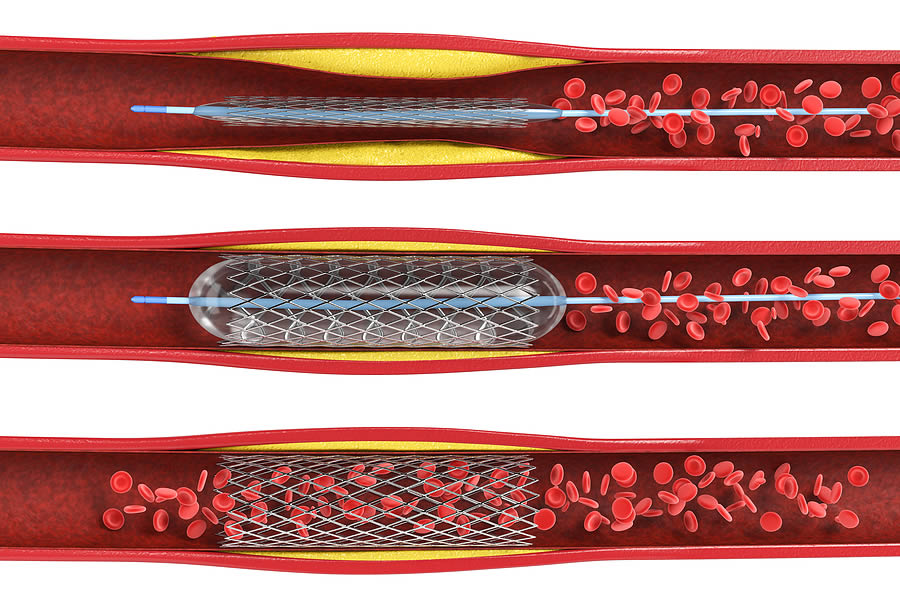Lifestyle Adjustments for Managing Atrial Fibrillation
Managing AFib effectively involves a mix of medical treatment and lifestyle adjustments. Here’s what you can do:
- Heart-Healthy Diet: Eating a balanced diet of fruits, lean protein, vegetables, and quality whole grains can help manage AFib. It's advisable to limit the intake of caffeine, alcohol, and high-sodium foods, as these can trigger or worsen symptoms.
- Regular Physical Activity: Exercise is beneficial for overall heart health. However, individuals with AFib should consult their healthcare provider to tailor a safe exercise plan that considers their condition and physical limitations.
- Stress Management: Since stress can exacerbate AFib, techniques such as yoga, meditation, and deep breathing exercises can be effective in managing stress levels.
How Atrial Fibrillation Affects Daily Life
Living with AFib means adapting to the unpredictability of heart rhythms. This can affect daily activities, causing anxiety about when and where an episode might occur. Social life, work, and personal relationships can also be impacted, as the condition might necessitate frequent medical appointments and sudden adjustments to plans.
Monitoring Atrial Fibrillation
Regular monitoring is an important part of managing AFib. The use of wearable devices that track heart rate and rhythm can help patients maintain an ongoing record of their heart condition, which is invaluable for doctor visits. Keeping regular appointments with your local cardiologist also allows for consistent tracking of your heart's health and adjustments to your treatment plan as needed.
Minimally Invasive Procedures for Atrial Fibrillation
For some patients, medication and lifestyle changes might not be enough to manage AFib effectively. In such cases, minimally invasive procedures such as catheter ablation or the installation of a pacemaker may be recommended. These procedures are designed to restore normal heart rhythm with minimal recovery time and disruption to the patient's life.
Do You Need Atrial Fibrillation Treatment?
At Capitol Cardiology Associates, our experts are leaders in the field of arrhythmia management, employing state-of-the-art techniques that offer the best outcomes with the least invasiveness. Our approach is always tailored to the individual needs of our patients, ensuring that each person receives the care that best suits their unique situation. If you or a loved one are experiencing symptoms of AFib, don't hesitate to reach out to us for more information about your options for atrial fibrillation treatment.









